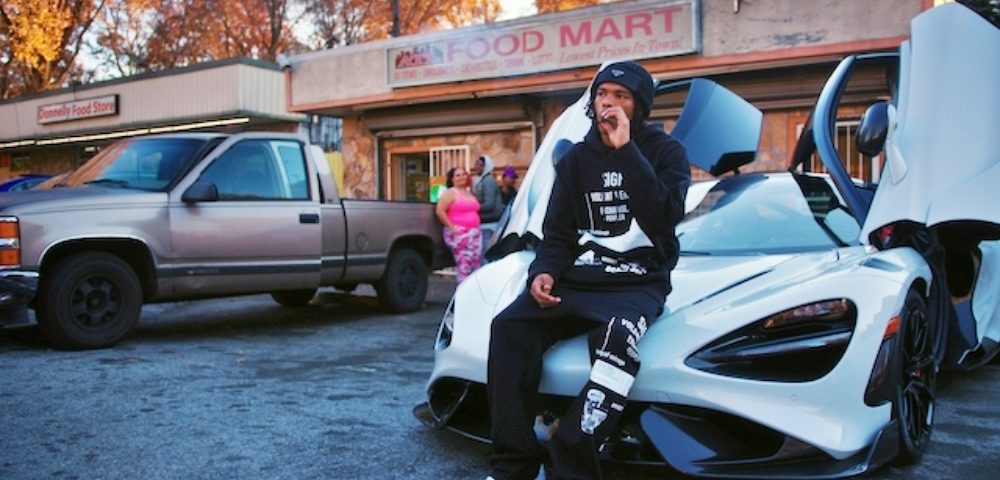It’s a documentary which provides an insightful look into Lil Baby, an American rapper who rose to mainstream fame in 2017 and is directed by Karam Gill, who made his directorial debut with the documentary “G Funk.”
What was it about Lil Baby’s story that interested you?
Before he ever started rapping, everybody there knew who he was. And it made me want to answer the question, what is it about this guy that gave him this aura? He was super self-aware of the socioeconomic cards he was dealt and was committed to bettering his life. I believe Baby and his story can give hope and inspiration to a lot of people who are trapped in environments where there isn’t a lot of hope. The opportunity to craft a film that was positive and inspirational in a time where these uplifting stories are much needed.
There is a lot of footage in the film that appears to be archival. Where and how did you get access to all of that?
A lot of the archival material is from Quality Control or from Baby himself. Halfway through making the project, Baby called me and said his mother or grandmother had discovered some home video tapes and he was like, you have to take a look at these!
What would you say were the most surprising things you learned about Lil Baby as you researched and shot the film?
His approach to parenting, and what an incredible father he is. He brings his kids everywhere, whether he has a show or a music video shoot or whatever, he’s got these little kids driving with him around Atlanta like they’re his best friends.
What do you think it is about Lil Baby that has propelled him so quickly into becoming one of the world’s top-selling artists?
We live in a world of manufactured celebrity, where a lot of what we see is not fully authentic. I think with Baby, what a lot of people connect with is that he is 100 percent authentic. He’s not out on social media going back and forth with people doing gimmicky things. Nothing is fake. Nothing is for likes. Nothing is for clout. His story and everything he’s gone through is so incredible, he doesn’t need to project anything. And that’s very compelling. The other part of it is that Baby is one of those artists who is constantly reinventing himself and growing. If you listen to his early music, he was good. But as time went on, his ability to rap and express ideas kept evolving into something truly unique and powerful.
You directed the film G-Funk about another industry-defining hip hop subgenre that came out of L.A. in the 1990s, with artists like Snoop Dogg, Warren G and Ice Cube. How does that compare to what’s happening in Atlanta today?
G-Funk was a moment in music history where a certain region really controlled the air waves and influenced a lot of what was happening in terms of culture and fashion in America. Right now, it’s Atlanta. Some of the biggest trends, not just music, are coming from Atlanta. TV commercials on now use trap beats. A lot of the slang that’s trending on social media comes from Atlanta. The city and the region are having a cultural renaissance that is quite similar to what was happening in L.A. in the ’90s.
You interview an interesting mix of other people, from Baby’s childhood friends to Rolling Stone writer Charles Holmes, historian Maurice Hobson and radio DJ Charlamagne Tha God. How did you go about choosing who to include?
With all my films, I like to be very selective about the voices we have telling the story. It’s super important to make sure everyone in the film provides a unique perspective that broadens the storytelling, whether or not they are directly connected to Baby himself. So for instance, Maurice Hobson doesn’t directly know Baby at all, but he is someone who has studied and written books about Atlanta for his entire career. So, he was the perfect person to help us understand the nuances of the city and why it is what it is, and why these neighborhoods have evolved in certain ways over time. On the flipside there’s Charlamagne, who is one of the biggest voices in terms of breaking new artists, so when Baby was on “The Breakfast Club” that was a massive moment in his career. It was really about finding people that could provide unique perspectives that make this more than just a music doc while also authentically telling Baby’s full story.
“Untrapped: The Story of Lil Baby” releases on Prime Video August 26th, 2022
By Samantha Ofole-Prince

